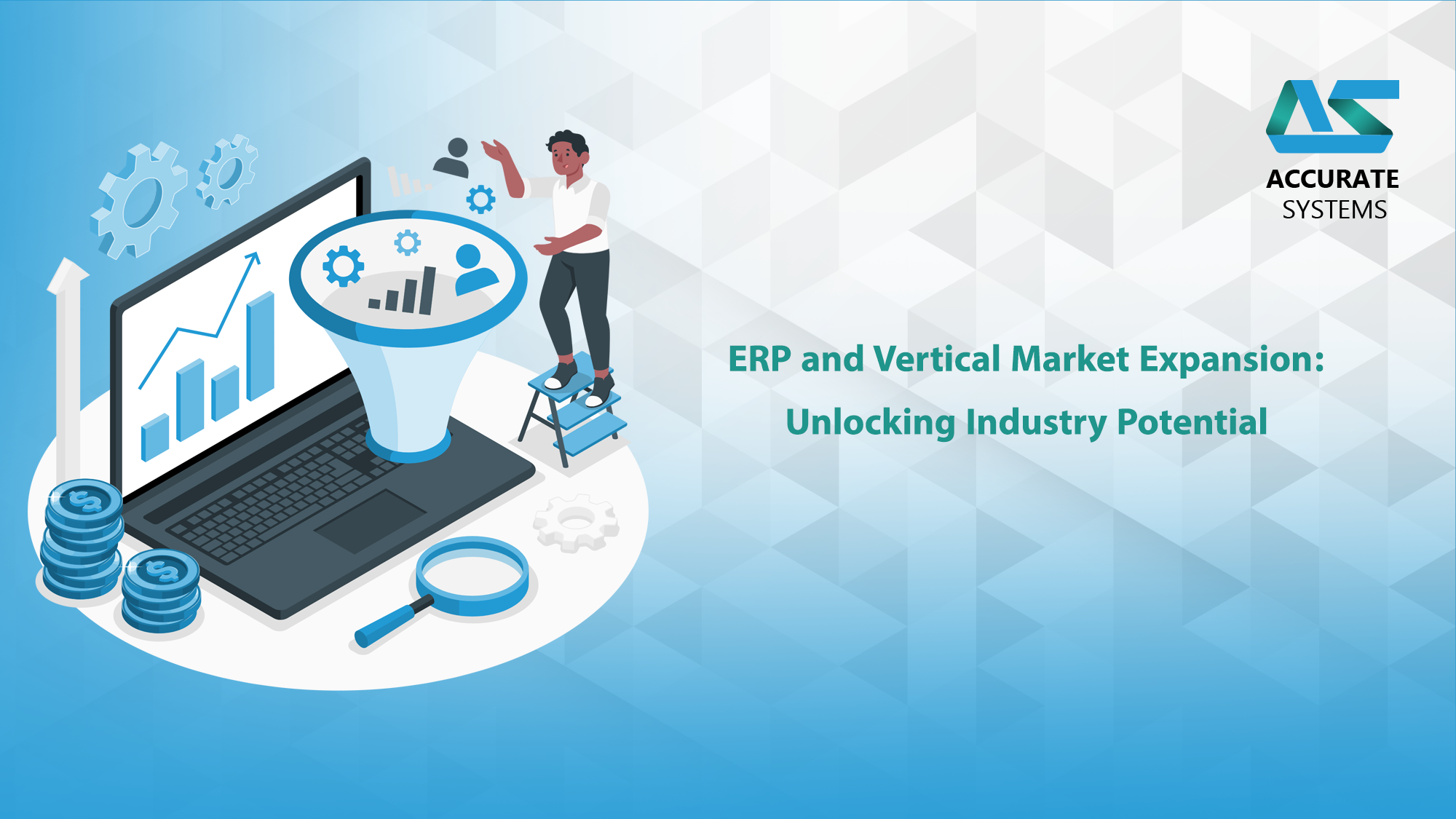Enterprise Resource Planning (ERP) systems have evolved from generic solutions into specialized platforms that address the unique needs of specific industries. This transformation is vital for businesses seeking efficiency and compliance, especially in Saudi Arabia, where sectors like healthcare, education, hospitality, energy, construction, and real estate are thriving. This article explores how ERP systems tailored to these industries are driving growth, innovation, and operational excellence.
Specialized ERP Modules for Key Industries
Healthcare ERP: Streamlining Patient-Centric Operations
Healthcare providers in Saudi Arabia face increasing demands for superior patient care and regulatory compliance. Industry-specific ERP solutions offer:
- Patient Data Management: Integration with Electronic Health Records (EHR) for secure, centralized patient information.
- Inventory Optimization: Real-time tracking of medical supplies and pharmaceuticals to avoid shortages.
- Regulatory Compliance Tools: Ensuring alignment with Saudi healthcare laws and standards.
- Automated Billing Systems: Streamlined billing cycles and integration with insurance networks for faster processing.
Education ERP: Building Smarter Institutions
With Saudi Arabia’s focus on educational reform, ERP systems provide comprehensive tools for educational management, including:
- Student Information Systems (SIS): Centralized platforms for managing admissions, records, and academic data.
- Learning Management System (LMS) Integration: Support for e-learning and blended education models.
- Facility Utilization: Tools to optimize campus resources like classrooms, labs, and libraries.
- Financial Management: Automated handling of tuition, scholarships, and grants.
Hospitality ERP: Elevating Guest Experiences
The tourism boom in Saudi Arabia, driven by Vision 2030, requires ERP systems that enhance guest satisfaction through:
- Reservation Management: Real-time booking systems for rooms and amenities.
- Personalized CRM: Tailored guest services based on preferences and past stays.
- Inventory Management: Efficient procurement of essentials for seamless operations.
- Workforce Scheduling: Optimizing staff allocation during peak seasons.
Energy ERP: Supporting the Energy Sector Transition
As Saudi Arabia diversifies its energy sources, ERP solutions help manage the complexities of this transformation with:
- Asset Management Systems: Tools for monitoring and maintaining energy production equipment.
- Compliance Monitoring: Ensuring adherence to national energy policies and global standards.
- Energy Market Platforms: Managing contracts and transactions in renewable and traditional energy markets.
- Renewable Energy Projects: Specialized tools for planning and executing solar and wind energy projects.
Construction and Real Estate ERP
Revolutionizing Project Management
The construction and real estate sectors, key components of Saudi Arabia’s infrastructure expansion, benefit from ERP systems through:
- Project Lifecycle Management: Tools to plan, execute, and monitor construction projects effectively.
- Budget Tracking: Real-time monitoring of expenses to control costs and avoid overruns.
- Resource Optimization: Efficient use of labor, equipment, and materials.
Procurement and Supply Chain Integration
- Vendor Management: Simplified onboarding, contract negotiations, and performance tracking.
- Material Tracking: Real-time visibility into material usage and inventory levels.
- Supply Chain Collaboration: Enhanced coordination with suppliers to minimize delays.
Regulatory Compliance Tools
- Building Standards Monitoring: Ensuring compliance with Saudi building codes and regulations.
- Sustainability Reporting: Features to track energy efficiency and waste reduction initiatives.
Streamlined Real Estate Management
ERP systems designed for real estate offer:
- Lease and Sales Automation: Simplified processes for property sales, leasing, and tenant management.
- Client Engagement Tools: Personalized communication to improve client relationships.
- Maintenance Scheduling: Tools to manage and track property maintenance activities.
The Role of Vertical ERP in Saudi Arabia’s Growth
Industry-specific ERP systems align with Saudi Arabia’s Vision 2030 by:
- Enhancing Efficiency: Automating workflows to reduce errors and save time.
- Driving Data-Driven Decisions: Offering actionable insights through analytics and reporting.
- Ensuring Legal Compliance: Simplifying adherence to regulatory frameworks.
- Boosting Competitiveness: Empowering businesses with tools tailored to their unique challenges.
Conclusion
The expansion of vertical ERP solutions is transforming industries across Saudi Arabia. By addressing sector-specific challenges, these systems enable businesses to operate more efficiently, stay compliant, and achieve sustainable growth. As companies embrace these specialized ERP platforms, they position themselves to thrive in a competitive, rapidly evolving market while contributing to the Kingdom’s broader economic transformation under Vision 2030.


